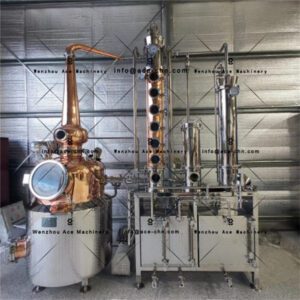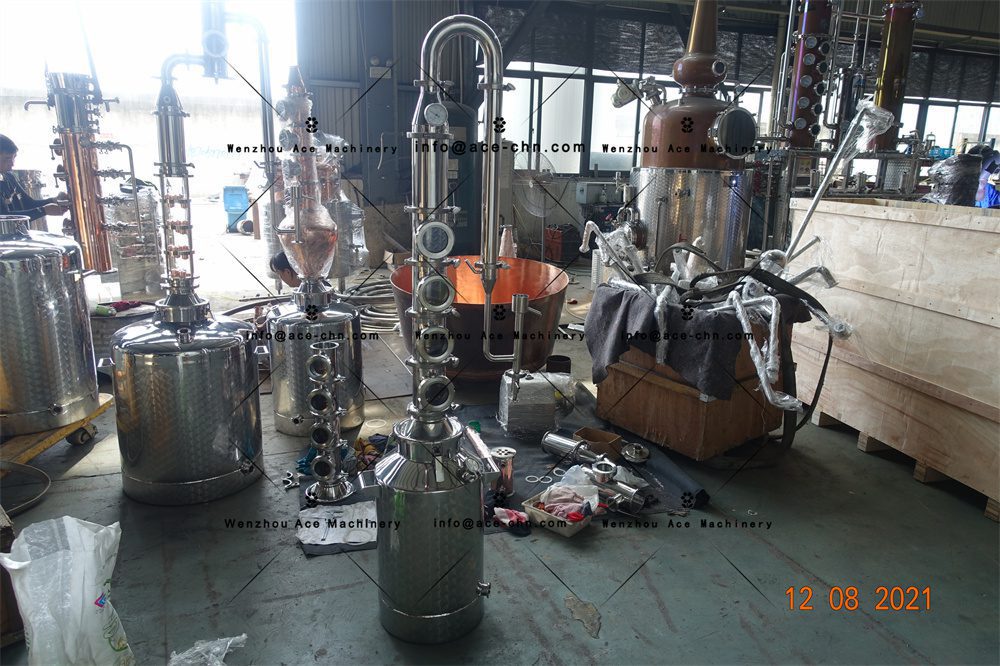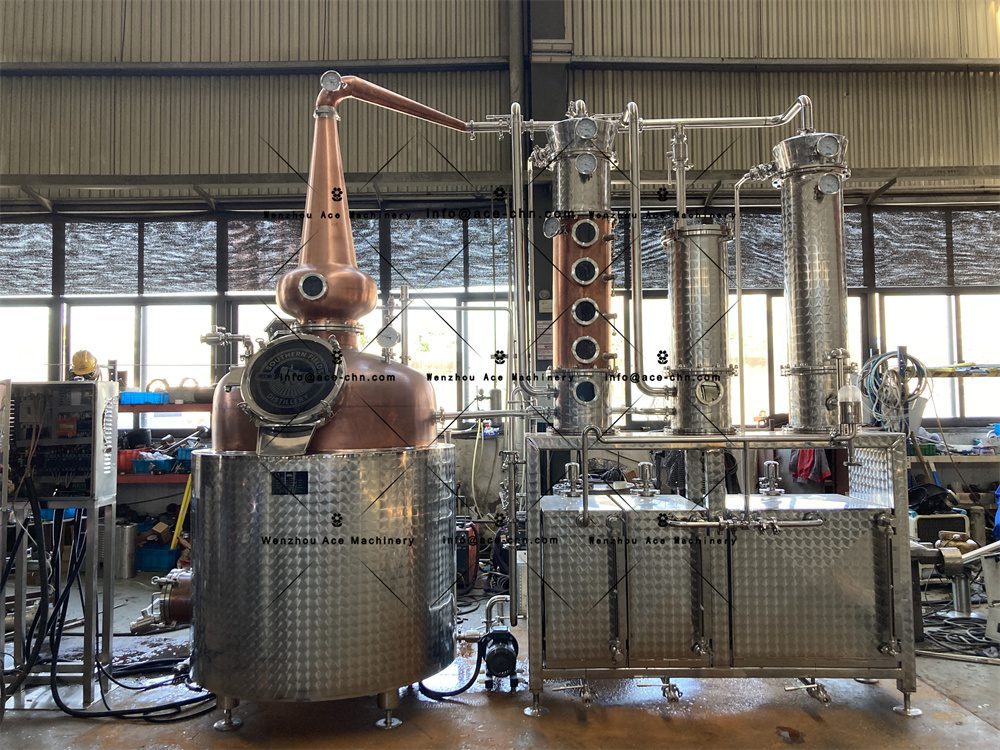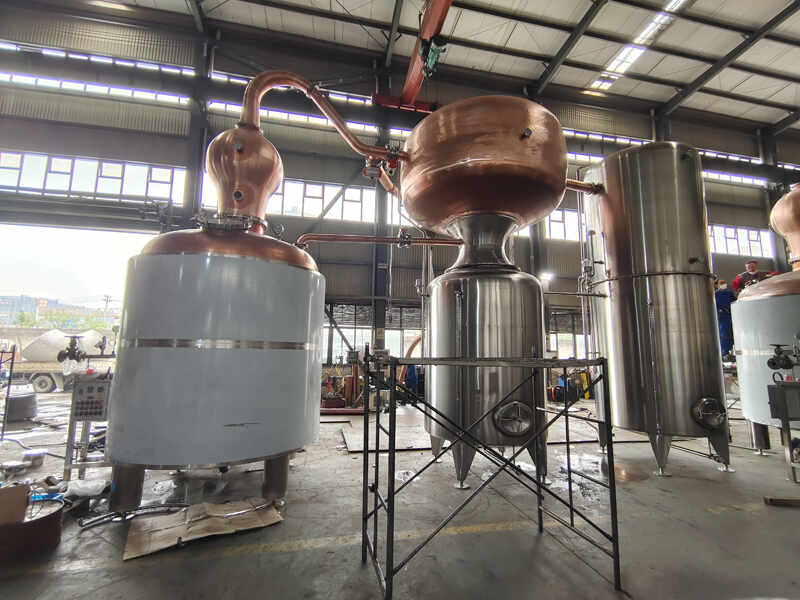Moonshine, also known as “bootleg” or “white lightning,” is a homemade form of distilled spirits that is illegal in many countries.
Moonshine production and sales may seem like an easy way to make money in rural areas, but they involve significant risks that are both illegal and potentially deadly.
Moonshine production poses great danger to individuals as well as communities involved; producing it should only ever be undertaken as an illegal act that puts their health and welfare at risk.

One reason moonshine is illegal is its production in uncontrolled, unsafe conditions.
Moonshiners may lack the expertise or resources required for producing alcohol safely, increasing the risks of explosions, fires and other accidents.
Moonshine can also contain harmful impurities that pose significant health risks – blindness, liver disease and even death can result from its consumption.
Tax Evasion
First, the U.S. federal government imposes an excise tax on all alcoholic beverages produced and sold.
While manufacturers of spirits that are produced through legal means must comply with tax regulations, moonshiners who make moonshine circumvent this series of tax procedures.
Not only does this result in a significant loss of government tax revenue, it also puts legally operating spirits makers on an uneven playing field.
Food Safety and Public Health Risks
The government has strict quality standards and production specifications for legally brewed and sold liquor, including detailed regulations on raw materials, production processes, alcohol content, and sanitary conditions.
However, privately brewed moonshine often fails to meet these standards, which may result in the presence of excessive methanol and other harmful substances in the liquor, which may cause blindness or even death in serious cases.
Uncontrolled production processes may also pose food safety concerns and pose threats to public health.
Social Security and Criminal Activities
Illegal trade in moonshine is usually closely linked to the underground economy, black market transactions and organized criminal activities. Corrupt practices, violent conflicts and illegal behaviors may increase in these environments and have profound ramifications on social security.. At the same time, due to its lucrative profits, lawbreakers often take risks, thus increasing the work difficulty of law enforcement agencies and the cost of social management.
Failure of control over underage drinking
Legal sales channels are required to strictly enforce the prohibition of selling alcohol to minors and are subject to regular inspections by government departments. The illegal moonshine market, on the other hand, is not subject to such restrictions, which can easily lead to minors coming into contact with and consuming alcohol, posing serious harm to their physical and mental health.
Making the private brewing and sale of moonshine illegal is an important step to safeguard the national tax system, protect food safety and public health, as well as to combat criminal activities and protect young people from the harm of alcohol.
Only under strict legal regulation can the production and distribution of alcoholic beverages truly serve the interests of social harmony and stability and the maximization of public interest.
You cannot produce any spirit (including moonshine), without a license. Check your state laws before distilling any alcohol.
















